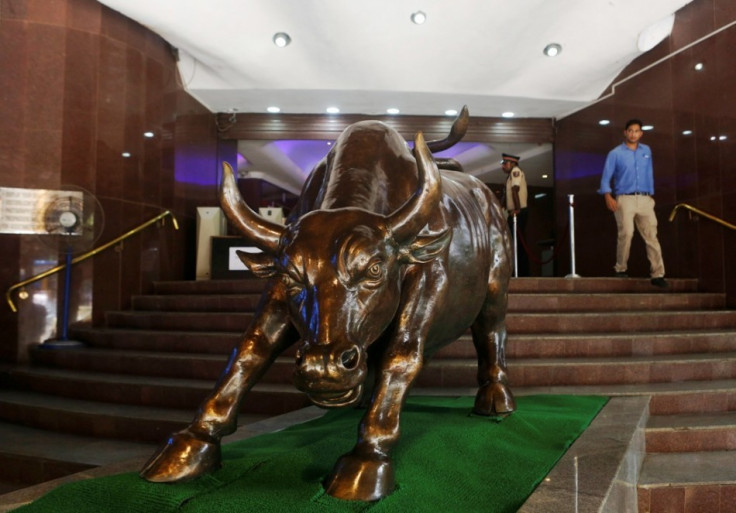Morgan Stanley Raises India's Sensex Target to 28,800

Morgan Stanley has raised its June 2015 target for India's benchmark BSE Sensex share average by 9% to 28,800, saying Finance Minister Arun Jaitley's annual budget will help stimulate investor sentiment and boost earnings.
The target marks a 15.1% gain from the Sensex's close on 11 July.
Morgan Stanley also said that BSE earnings for financial year 2014-15 could hover at 13.5%. It also forecast earnings of 22.7% and 23.4% for the fiscal years 2015-16 and 2016-17 respectively.
Bulls vs Bears
In a base case scenario, probability of which is 50%, the Sensex could hit 26,000 points in June 2015.
In a bull case scenario, which has a 40% probability, the target could improve to 33,900 points while in a bear case scenario, which has a 10% probability, the Sensex could drop to 22,500 points.
The three scenarios revolve around 'the outcomes of US growth; China outcomes and Indian policy momentum', Morgan Stanley said in a report.
The S&P BSE Sensex share average finished 1.37% lower at 25,024.35 points on 11 July, a day after Jaitley tabled a reformist budget in Parliament.
The Sensex has shed 3.61% for the week ending 11 July but is still up 18.37% so far this year.
Barclays Capital said in a 10 July note to clients: "While foreign equity flows to India have been positive and close to $11bn year-to-date, it is perhaps surprising that flows have not been even stronger given the change in government and hopes of accelerating reforms.
"In fact, debt and equity flow data reveal that there was actually an outflow of capital in the last two weeks of June, perhaps due to some investor caution. Indeed equity inflows are not as strong as they were at this point in time in 2013 and not far above the inflows registered year to date in 2012."
"Given the restraints on further bond inflows due to current FII limits, we believe there is more scope in the wake of the budget for equity, rather than bond, inflows to strengthen over the coming months.
"Strong inflows have contributed to gains in Indian stocks, leading to outperformance versus other regional stock indices but INR appreciation has likely been restrained to some extent by official concern about an overly rapid pace of currency strengthening," Barclays added.
Indian markets ended in red territory on 10 July, after choppy trade around noon in response to Jaitley's budget speech, as news of a potential crisis at Portuguese lender Banco Espirito Santo weakened risk sentiment globally.
© Copyright IBTimes 2025. All rights reserved.




















